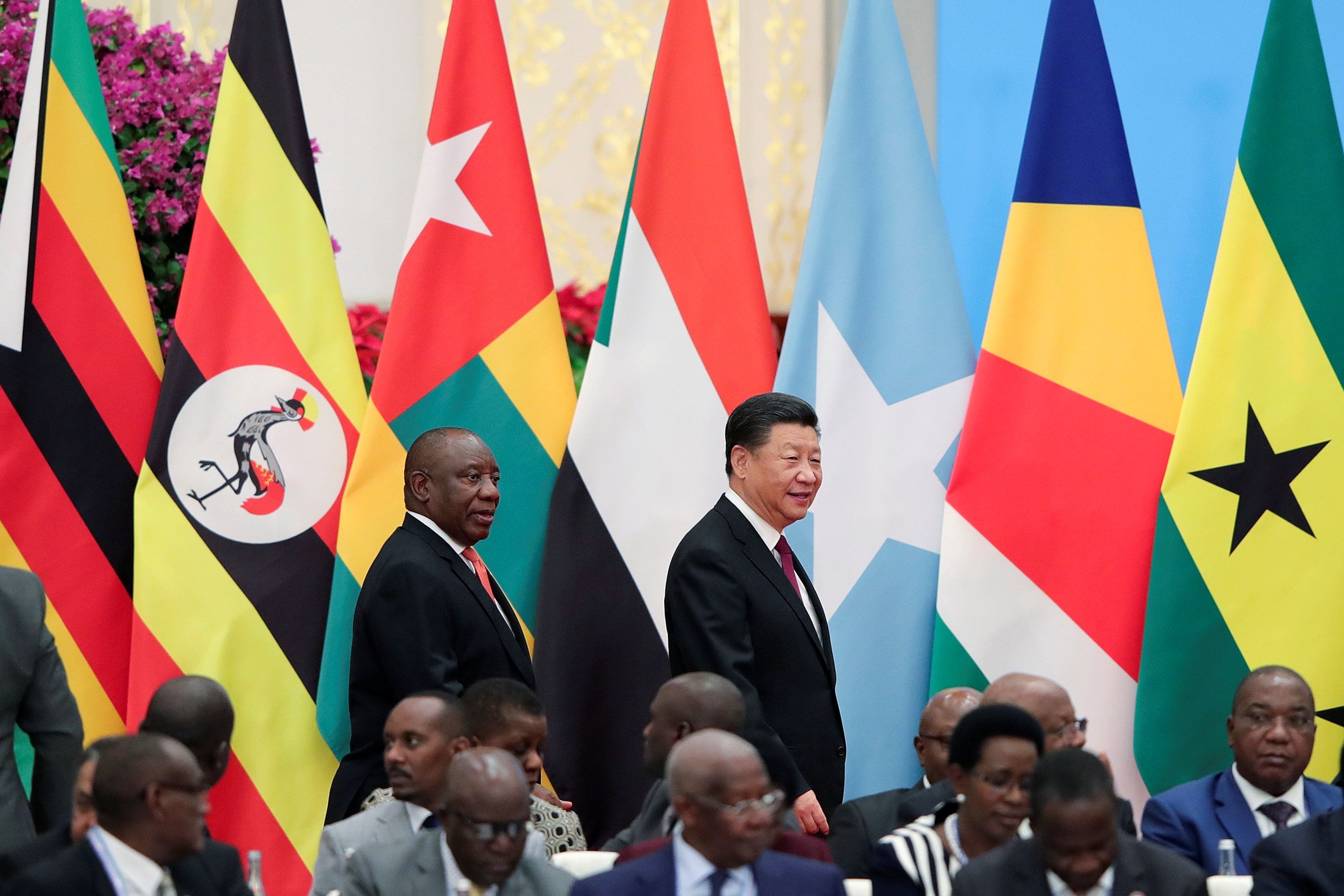I'm just back from a week in Rwanda, where I spoke at a conference on technology and economic development. One of the big questions was how countries that are working their way up the economic ladder should balance the need for better access to digital technologies with the need for those technologies to be secure and trustworthy. The discussion reminded me of another big policy challenge facing governments around the world: climate change.
How so? Well, climate policies today ask poorer, developing countries to swap the easy gains of fossil-fuel-powered growth that helped make rich countries, well, rich in the first place for something more sustainable (read: more expensive). The dynamics in tech are similar: today's tech giants got huge and rich countries a lot richer during a period of digitally-fueled growth marked by poor cybersecurity and little regard for consumer privacy. But now the US is demanding other countries reject the most economical (Chinese) options for building 5G networks, while European regulators are setting tougher standards for data privacy that are having ripple effects around the world.
The US crackdown on Huawei reflects a concern (overblown or not) that allowing the Chinese tech giant's cut-price gear into next-generation data networks poses unacceptable security risks. Ditching Huawei in favor of Western suppliers, or imposing tougher security standards across the board, as some European countries have proposed, might ease security fears — but could be cost-prohibitive for many countries in Africa.
The EU's tough data protection rules, similarly, aim to shore up online privacy. But they'll come at a cost as popular online services are forced to hire more compliance staff and rethink their business models. Attempts to establish similar protections in African countries might limit tech companies' appetite to provide innovative services there and in other regions where the digital economy is still just starting to gain steam.
Viewed through this lens, it's easy to see why developing countries might be loath to abandon cheaper Huawei equipment for 5G or adopt strict, European-style privacy practices around personal data. Rich countries that have already benefitted from decades of digital innovation and economic growth under the old system are in a better position to cope with the shift towards tougher security and privacy standards. Just as with climate change, the cost of transitioning to a more sustainable model could end up falling hardest on developing countries, where millions of people have yet to fully reap the benefits of an earlier, more carefree age.
